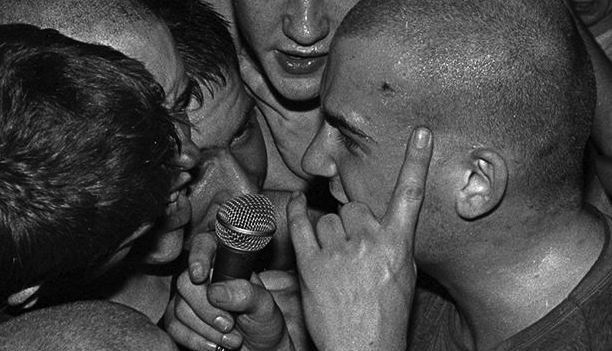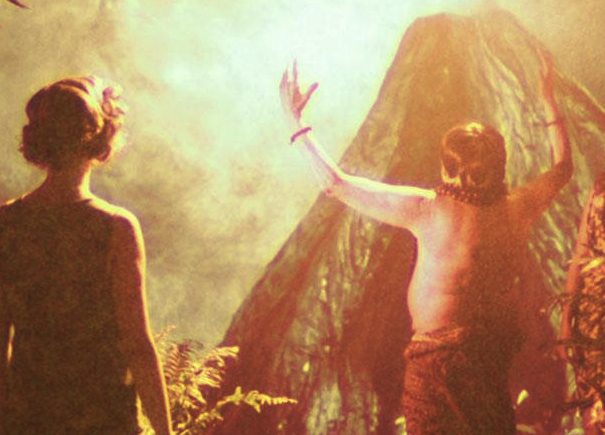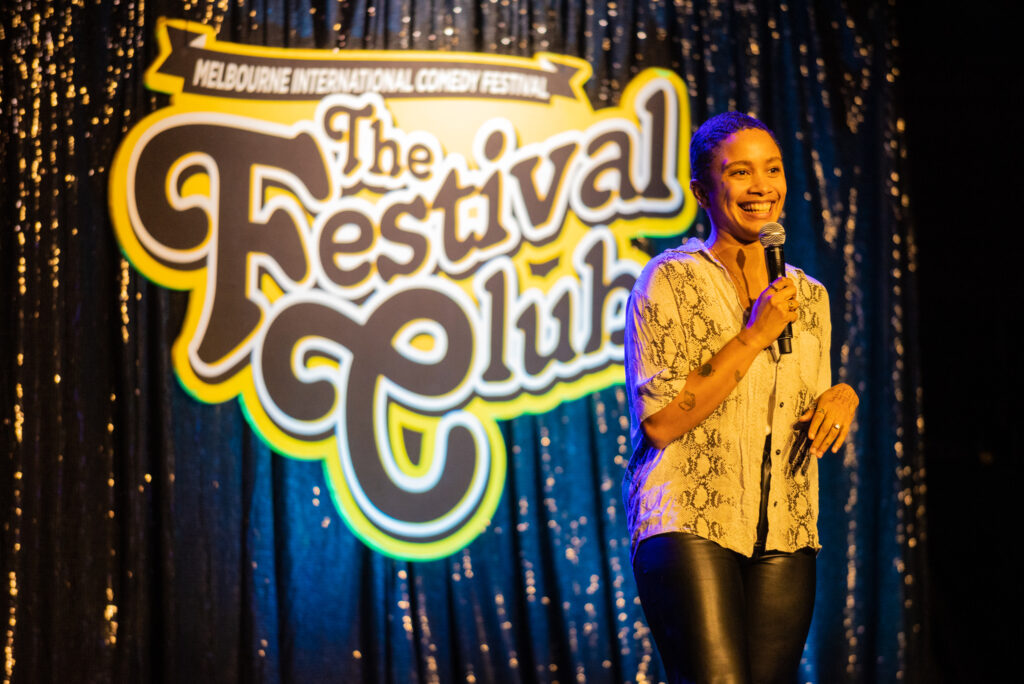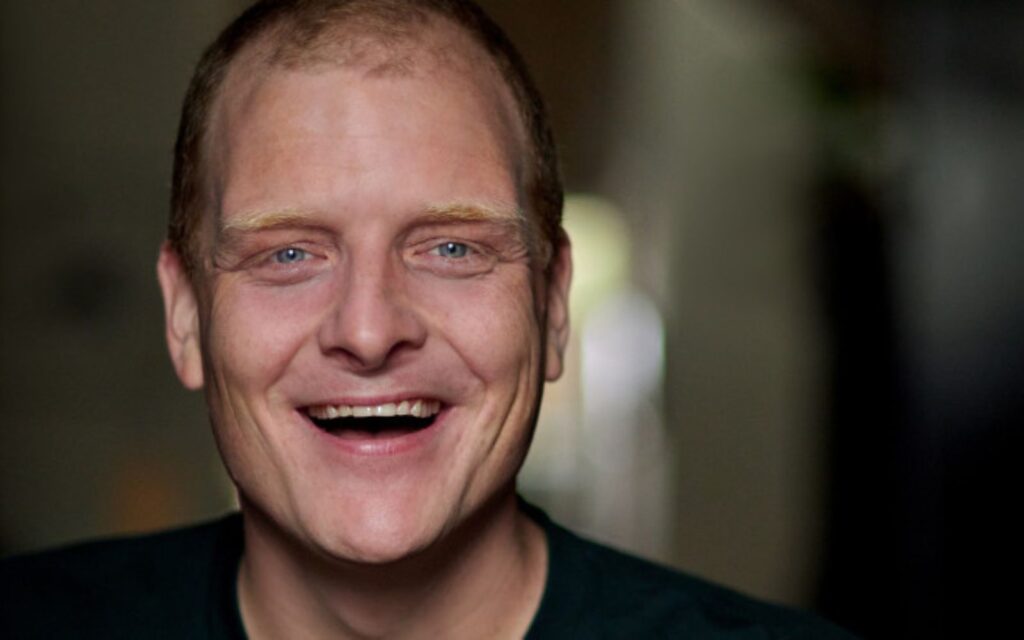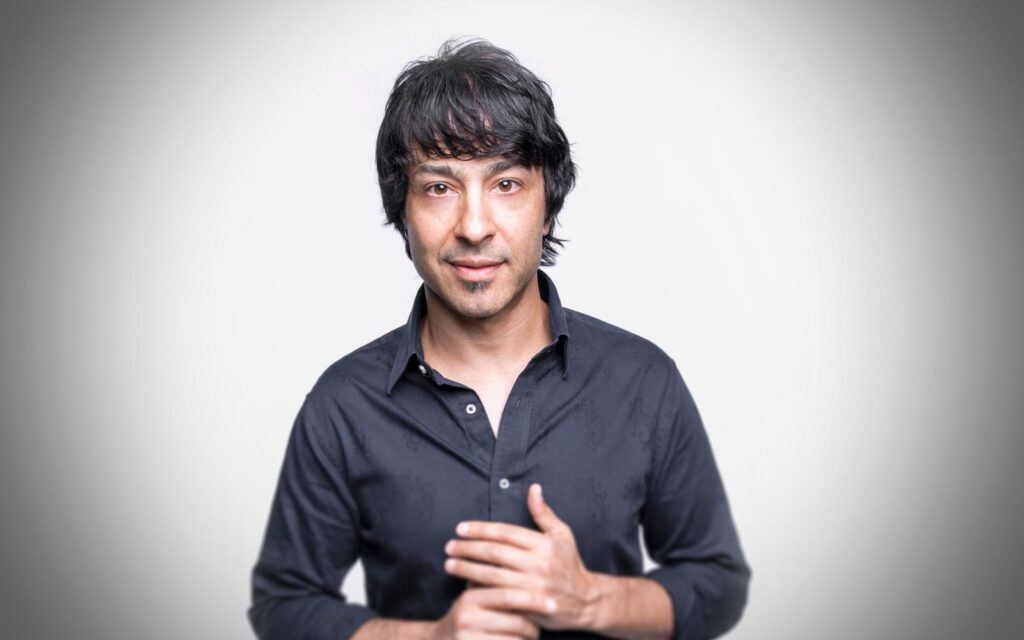While it shares much in common with the punk scenes in other communities in the United States and around the world, the punk scene coming out of Washington, District of Columbia, was arguably unique both for its sociological backdrop, and the significance of its impression on the dominant rock’n’roll culture.
Washington DC’s status as the home of the United States government meant that protagonists in the scene tended to be from educated backgrounds (Henry Rollins attended a private school in a gentrified area of the city); the fall-out from the race riots in the late 1960s was a desolated inner-urban nocturnal environment which provided the ideal socio-geographic conditions for the growth of the punk scene.
Directed by journalist and long-time fan Scott Crawford, Salad Days is a forensic history of DC punk scene. Beginning with bands such as Slinkees and Teen Idles (both of which featured Ian McKaye and Jeff Nelson, who would go on to establish the heavily influential Dischord record label), Salad Days charts the emergence and evolution of the DC punk scene, with all its attendant political complexities and contradictions.
The film is replete with tales of social marginalisation and violence, both from outside and within the punk scene (by the late 1980s Fugazi, DC’s most successful punk rock band, had banned slam dancing at its concerts). McKaye’s hardcore band Minor Threat became the titular leader of the non-drinking, non-drugging ‘Straight Edge’ scene; by the mid 1980s, the so-called ‘Revolution Summer’ had rescued the scene from its self-destructive leanings. And despite the scene’s progressive pretensions, female punk rockers found themselves struggling regularly to be heard in the midst of the often over-bearing male voices.
At the end of Salad Days Dave Grohl (who was recruited to Nirvana after Kurt Cobain saw Grohl play in DC punk band Scream) muses that DC punk rock was the seminal influence on the ‘grunge’ scene in the early 1990s. Despite the hubris of Grohl’s observation, the lasting influence of DC punk cannot be denied.
BY PATRICK EMERY
